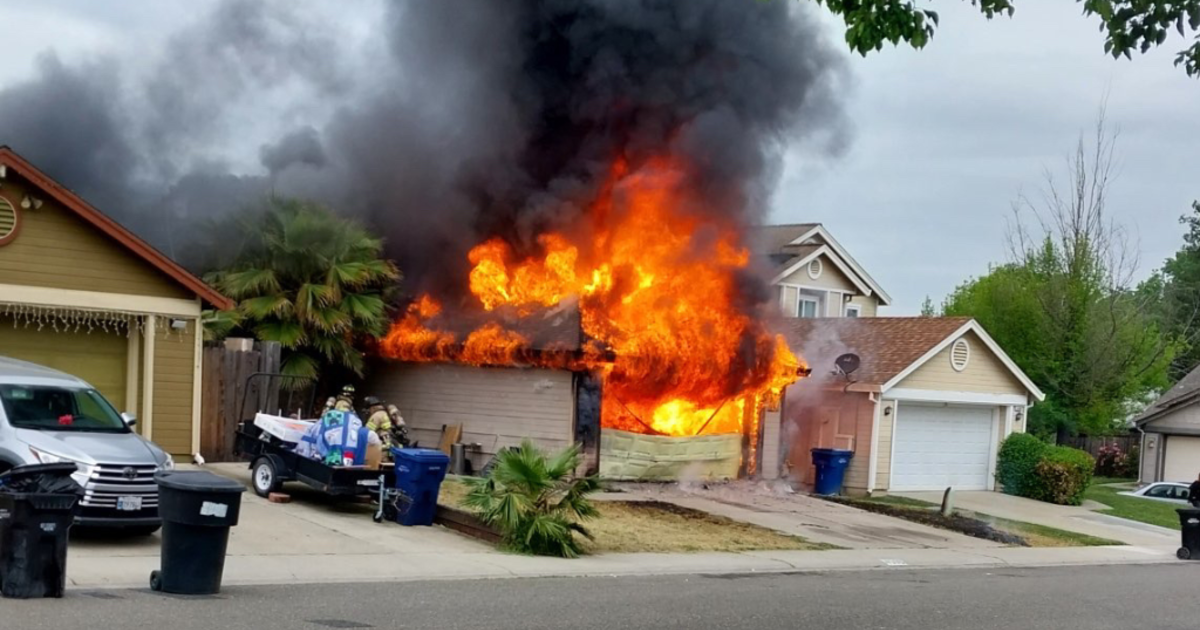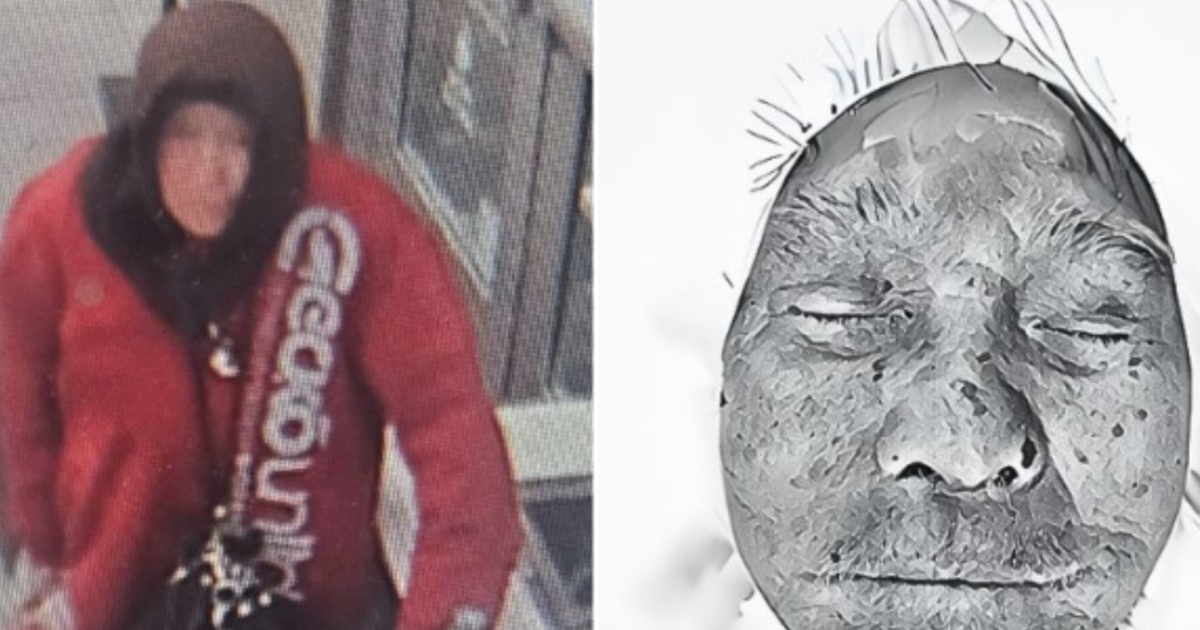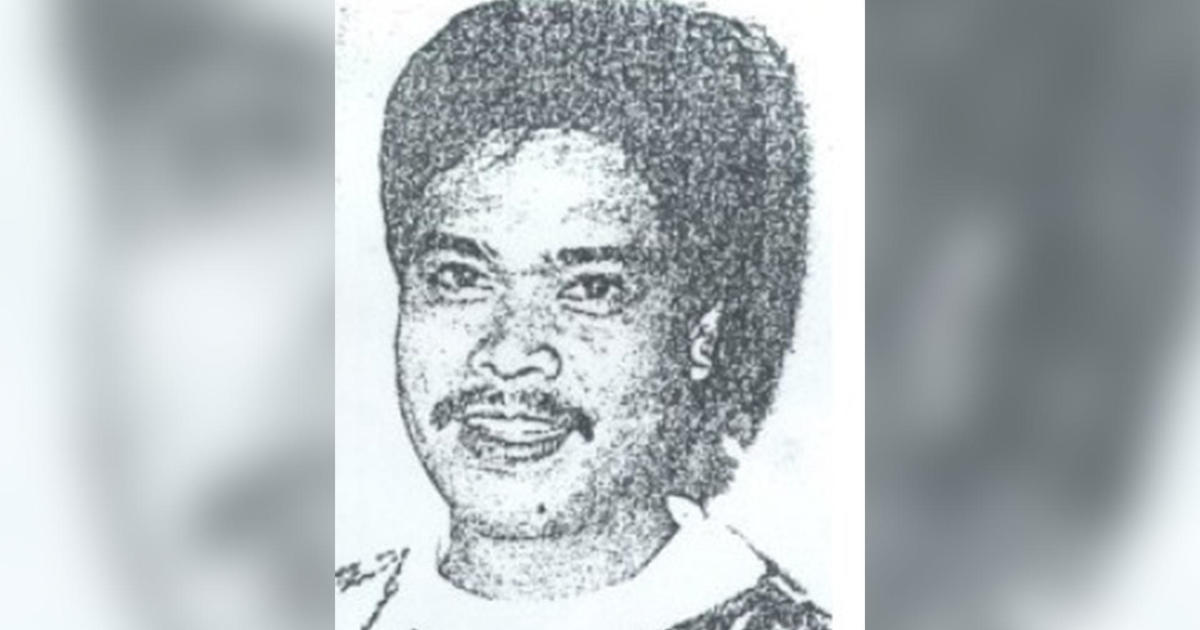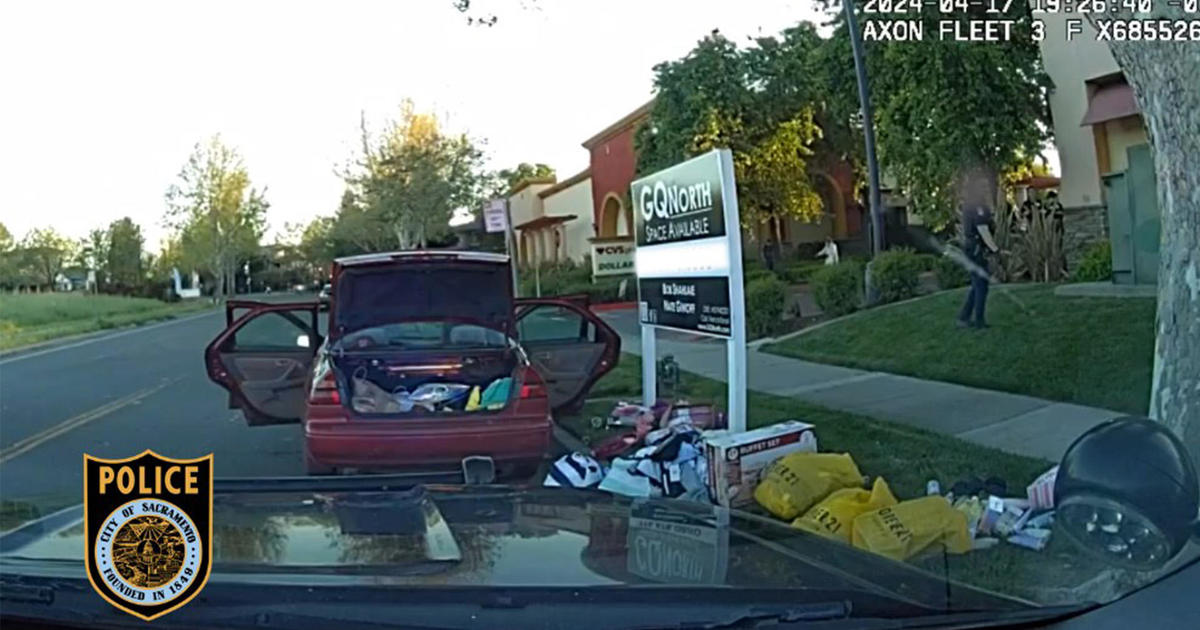Sacramento Sheriff Wants More License Plate Reading Cameras
SACRAMENTO (CBS13) — Tiny cameras are increasingly being credited with catching criminals, and the sheriff's department wants to double what's already on local streets.
"It has increased the amount of vehicles we are able to locate," said Sgt. Shaun Hampton with the Sacramento County Sheriff's Department.
The cameras are capable of doing what no officer could ever do, run background checks on every car that drives by.
"We are able to locate stolen vehicles now extremely quickly and sometimes immediately after they occur," he said.
Currently, there are 50 license plate reading cameras deployed on 24 intersections; each camera costs about $10,000 to install. The data for each camera is sent directly to deputies on patrol.
"This one happens to be a stolen vehicle," Hampton pointed out on a screen inside of a patrol car.
The cameras have been so successful the county plans to install 55 more.
"Be it homicide, robbery, carjacking; an alert goes out to all the officers in that region. That alert is immediately placed in the screen of the officer's computer in their vehicle," Hampton said.
But it's not just crimes; it has helped deputies find people who have gone missing.
During a six-month period last year, the cameras helped locate more than 200 stolen vehicles, nine missing people, and two murder suspects.
One of those suspects includes the man wanted for a double homicide who shot and wounded two police officers last September.
But privacy advocates have concerns.
The Electronic Frontier Foundation said the cameras collect information on every driver, including innocent ones.
In a statement added, "(Cameras) can reveal detailed driving patterns or identify the drivers who frequent particular locations such as protest, gun shows, and healthcare facilities."
But the department added that all data is deleted two years later that isn't connected to a criminal investigation.
"There are safeguards in place that our department is deploying," Hampton said.
The total program cost $143,000 a year to operate, and funding comes from a $2 fee on vehicle registrations.



